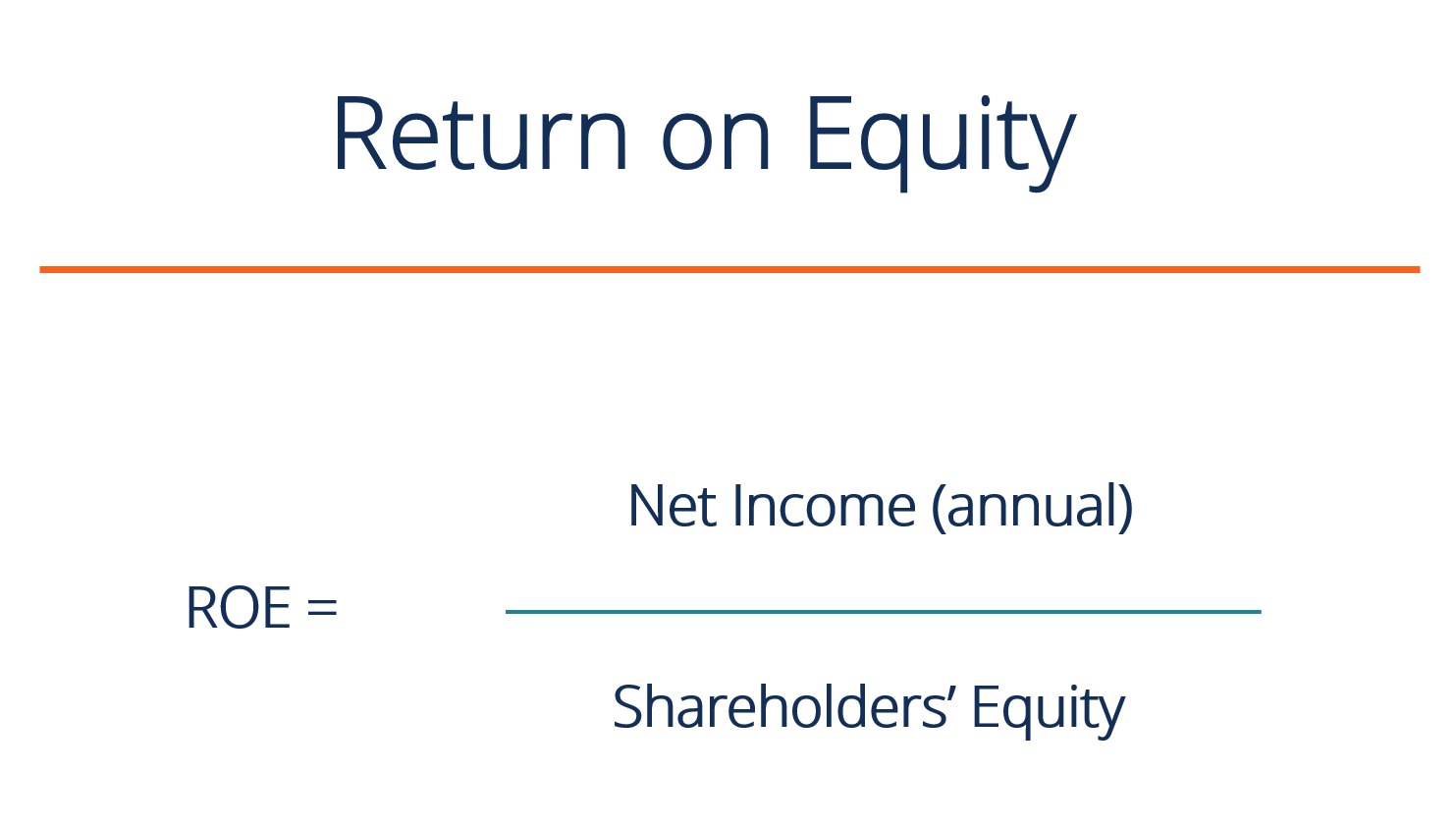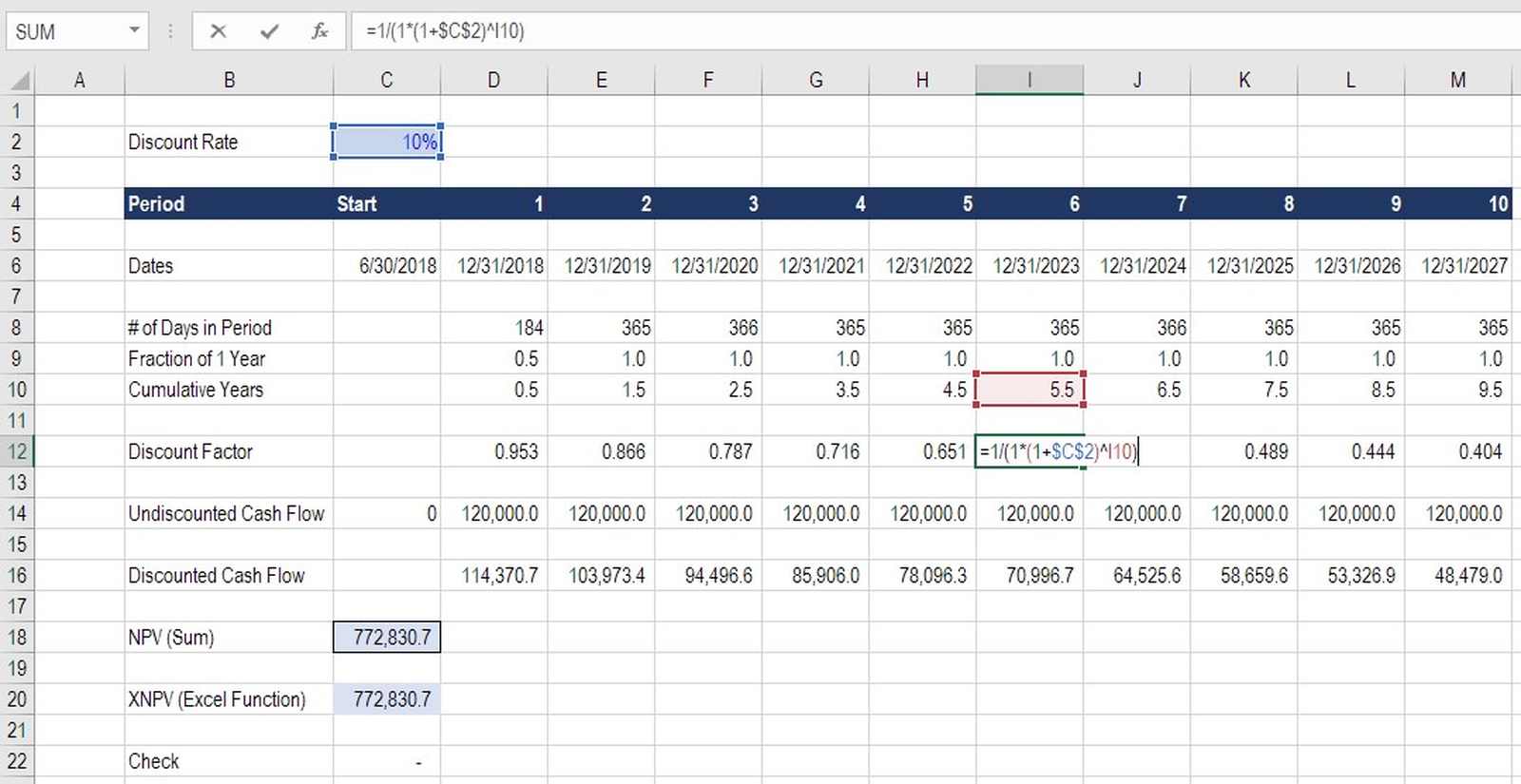If a buyer asked you to front them the cash to buy your home from you, you 'd believe they were crazy. It depends on your buyer to figure out a way to spend for your house, right? Believe it or not, there are really home sellers who offer to loan purchasers the money to acquire their property: it's called owner financing. Source: (Ryan Bruce/ Burst) Likewise referred to as seller funding or a purchase-money home mortgage, owner financing is a plan where the house purchaser obtains some or all of the money to buy the house from the current homeowner. In some cases, this occurs because the purchaser does not wantor can't qualify online forum traditional home mortgage from a standard loan provider.
For instance, let's say the accepted offer between the buyer and seller is $300,000. The purchaser has 20%, or $60,000, to put down on the home, however their mortgage business only authorizes a loan of $200,000. With seller financing, the seller can lend the buyer the additional $40,000 needed to comprise the difference. However, seller financing isn't normally anticipated to be a long-term plan. It's normally a short-term option till the buyer can organize a standard loan for the complete home loan amountnormally within a few years. Since that holds true, the terms of these loans are typically designed to encourage the purchaser to look for alternative financing.
Fortunately is that, while this plan is a private home mortgage loan in between two personal people, it is a legally binding contract with terms, conditions, and requirements to which both parties should adhereand recourse if the agreement terms are breached. The bad news is that it's a personal loan in between two private citizens. And if you have actually ever encountered difficulty providing money to friend or family, it's just natural for the seller to be concerned about lending an even bigger sum to a stranger. "Seller funding can go actually well if you're handling financially solvent individuals who have excellent tasks and are honest," says Edie Waters a top-selling agent in Kansas City, Missouri, who's offered over 74% more homes than her peers.

But that wasn't constantly the case. In fact, the popularity of seller funding is influenced by rates of interest. "Today we're not in this kind of market, however in the '80s, the interest rate was 18%," says Waters. "And those rates of interest went up really rapidly. So let's state the seller back then had a loan at 8%, but their purchaser can only get an 18% interest rate. That's a 10% gap." This common situation back in the 1980s, was why seller financing and the contract for deed became a popular alternative. Instead of paying the bank 18% interest, the seller would keep their 8% home loan, and charge their buyer 12% -15% in the new, seller financed mortgage.
The Greatest Guide To How To Finance A Modular Home
Otherwise you might run into issues purchasing another home. If you're still paying a mortgage on the home you have actually seller financed, you'll be accountable for and have to get approved for both home mortgages. "Today, I would not recommend that a seller offer owner financing if they still had a loan on their house," encourages Waters. "Not unless they could simply absolutely afford it, and desired to utilize it for a tax deduction." If you do run that danger, you might be stuck paying both home loans if your purchaser defaults on the loan. Source: (Nicole De Khors/ Burst) There are a lot of benefits and drawbacks to owner funding, but possibly the most significant risk that the seller needs to stress about is buyer default.

However you, as the seller, require to prepare that most likely anywhere from 60% to 70% of the time you're going to get that home back," recommends Waters. Remember, purchasers who request for seller financing generally can't qualify for a traditional mortgage, or a minimum of not for a loan big enough to cover the full house price. Which means that they are high-risk borrowers. High-risk buyers are most likely to default, however that's not the worst partif they decline to leave. If they just stop paying you, however do not abandon, you'll need to pay the bill to foreclose on the home.
" There's a lot of danger on both sides, but there's a lot more danger in it for the seller," says Waters. "If it spoils, the purchaser will get a bad credit report, down to 500 or less if they default on a loan. However the seller is stuck with your house and the condition it's in. They're stuck with all the needed repair work, the expense of repairing it up, all the included wear and tear on things like the roofing, the appliances and the HVAC. How old of an rv can you finance. And they're stuck to the time and expenditure of offering it once again. So you need to be alright with the danger involved." Aside from the reality that there's a high likelihood that you'll become economically accountable for the seller-financed residential or commercial property again, you might not have the ability to structure the regards to the loan precisely as you 'd like.
Unfortunately, timeshare solution those reforms even impact personal loanswhich means you may not be able to include that incentivizing balloon payment after all. Finally, considering that you're the one lending the cash, you'll just be making money in little installations over a time period, similar to a regular loan provider. To put it simply, you will not be able to access your full equity in the house you sell to help you buy another one. The news isn't all bad, though. "The tax benefits are potentially timeshare exit team las vegas huge for sellers financing their purchasers," states Waters. We constantly recommend that they check out with their financial consultant to make sure they comprehend all the tax rate advantages and disadvantages." Given that your purchaser is paying you in small increments over a period of several years, the federal government concerns this as an installment sale which features significant tax breaks.
Some Known Facts About What Does Finance Mean When Buying A Car.
The most significant pro is that as the loan provider, you maintain the title to the residential or commercial property until you're paid in complete, so if your purchaser does default, the home is still yoursno matter just how much money they've currently paid towards Look at more info their home mortgage. Source: (Ryan Bruce/ Burst) If it sounds like seller financing is the right alternative for you, then you'll need to know what to do: The very first thing you require to do is ensure you're economically protected adequate to face the threats that come with seller financing. It's not sufficient to just own your home outrightyou ought to also have actually sufficient cash saved to cover repair work, taxes, insurance, and any other costs you might need to cover up until you can get the home offered again.